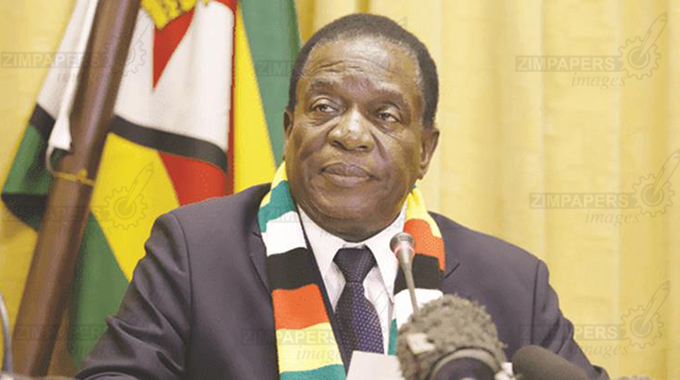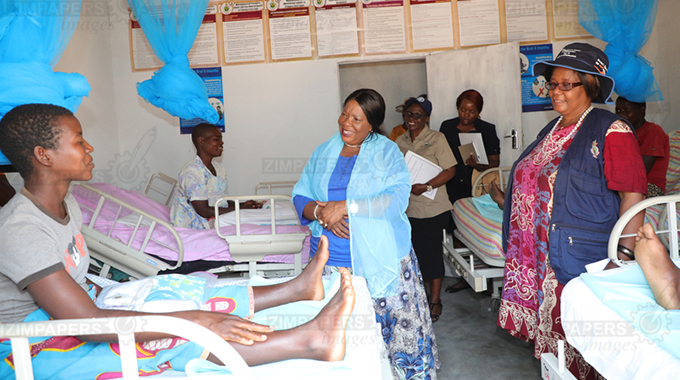Africa set to enjoy us$20bn investment

YOKOHAMA. — Japan’s private sector will invest US$20 billion over three years in Africa, Prime Minister Shinzo Abe promised on Wednesday. Abe, who was addressing African leaders gathered at the Tokyo International Conference on African Development (TICAD) in Yokohama, said Japan is interested in infrastructure and human development on the continent.
“I make this pledge to you: The government of Japan will put forth every possible effort so that the power of Japanese private investment, of US$20 billion in three years, should in the years to come be surpassed anew from one day to the next,” he said in his opening speech at TICAD.
“We will do whatever it takes to assist the advancement of Japanese companies into Africa,” he added. Japan also seeks to train 3 000 people over a period of six years under a human resource development programme for Africa so there will be more people from the continent who can contribute to promoting Japan-Africa business relations. Japan is not new to investment in Africa. For more than 30 years, the country has focused its efforts on providing economic aid to African countries. In April, it released US$1,5 million to fund community stabilisation activities in Nigeria’s war-torn northeast. And in Kenya, through the Grant Assistant for Grassroots Human Security Projects, it provides funding for various skill acquisition and training centres across the country. Now, it wants a partnership that involves more than just aid – adding infrastructure and human resource development.
At the 2016 TICAD conference held in Kenya, Abe mentioned that Japan wanted African countries to view it as a partner rather than just a donor.
Mr Jonathan Berkshire Miller, a senior fellow at the Japan Institute of International Affairs, says Japan is increasing its investment in the continent because it wants a more holistic alliance that will create critical infrastructure for African countries. “Japan wants to see its billions of aid to the continent used towards sustainable development that benefits the lives of Africa and Africans — not merely the narrow interests of one power,” Mr Miller told CNN.
“Additionally, Tokyo remains interested in using its historically strong relations in Africa to bolster evolving political and security interests there,” he added.
According to Japan’s ministry of Foreign Affairs, the country invested US$20 billion in the continent from 2016 to 2018. But the numbers don’t match up to China’s, which is also heavily investing in the continent.
China is one of Africa’s largest investors, surpassing France, India and the United States with investments in railway, manufacturing and TV.
According to a report from the Japan External Trade Organisation, Japan’s foreign direct investment in Africa in 2017 was US$9 billion, only a fraction of China’s US$43 billion invested in the continent in the same year.
In 2018, the volume of Chinese trade in Africa was US$204 billion, according to China’s ministry of commerce. Japan’s total import and export volume, on the other hand, was US$17 billion. So far, Japan is leveraging on its provision of long-term structures in Africa. Last year, it partnered with Kenya to build a geothermal expansion power generation plant, according to local media. It also supplies Botswana with broadcasting equipment to enhance the country’s digital broadcasting standards.
According to Mr Miller, in the future, Japan is likely to join hands with foreign states such as France, India, and the United States to promote a more inclusive type of development within the continent. — CNN.









Comments